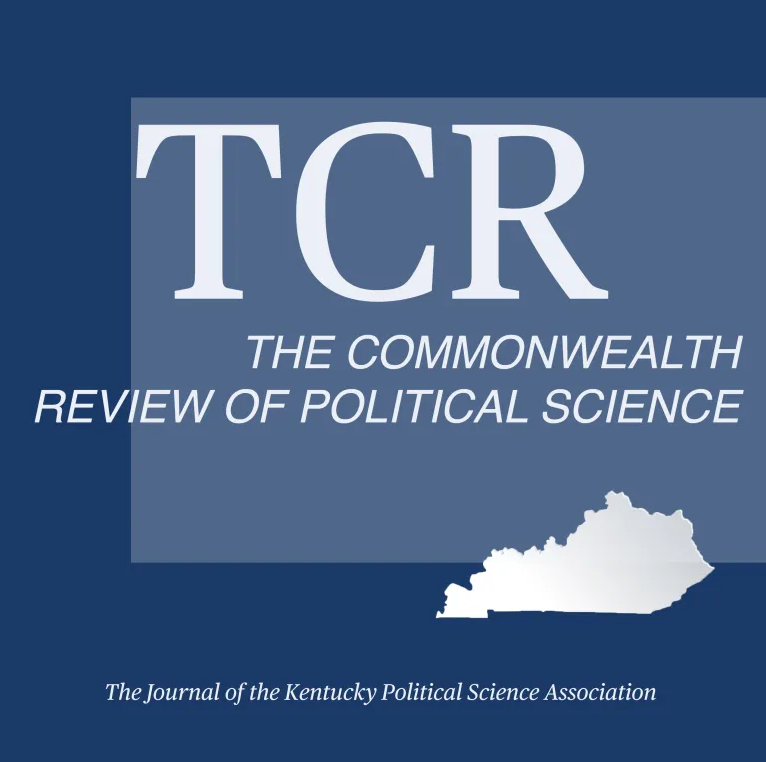Commonwealth Review of Political Science

Abstract
Every U.S. president leaves a lasting mark on the institution, few more significantly than the small number who have impacted the way presidents are selected. This paper examines how the presidential selection system has evolved over time and the negative effects this evolution has produced. The Framers created a complicated selection process hoping the Electoral College would attract and elevate "men of first character." Although the system failed to operate as its architects intended as a result of the early and inevitable development of political parties, Martin Van Buren helped to adapt the selection system to the new environment in a way that preserved many of the intended benefits. Progressive reformers-- who believed the process to be insufficiently representative, and too easily dominated by party elites and special interests-- worked to democratize the selection process over the course of the twentieth century. Their reforms weakened the role of party elites and led to the open primary and caucus system Americans know today. This paper argues that in so doing, progressive reformers inadvertently opened the presidency to unqualified individuals, incentivizing partisan rhetoric and increasing partisan divisions in the process.
Recommended Citation
Syck, Jeffrey T.
(2017)
"The Paradox of the Progressive Presidency: How the Democratization of the Presidential Selection System has Degraded the Office,"
Commonwealth Review of Political Science: Vol. 4:
No.
1, Article 8.
DOI: https://doi.org/10.61611/2994-0044.1030
Available at:
https://digitalcommons.murraystate.edu/crps/vol4/iss1/8
Included in
History Commons, Political Science Commons, Psychology Commons

